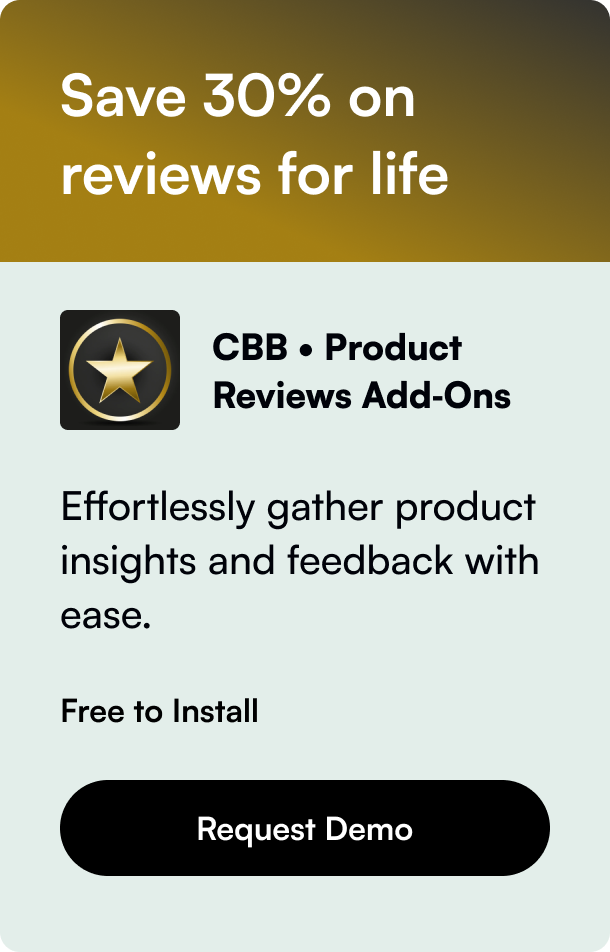Table of Contents
Introduction
Have you ever found yourself pondering whether to launch your e-commerce store on WordPress or Shopify? Both platforms boast robust features and dedicated user bases, but they cater to different types of users with distinct needs and preferences. This comprehensive blog post delves into the intricacies of WordPress and Shopify, helping you make an informed decision based on a detailed analysis of both platforms.
- What are the key differences between WordPress and Shopify?
- Which platform offers the best SEO capabilities?
- How does ease of use compare across both platforms?
- Are there significant differences in pricing and scalability?
Discover answers to these questions and more as we guide you through choosing the right platform for your online store, ensuring clarity, engagement, and thorough assessment of SEO best practices.
WordPress vs Shopify: A Comparative Analysis
WordPress Overview
WordPress is a highly versatile, open-source content management system (CMS) that powers a significant portion of websites globally. Known for its robust blogging features, the platform also supports e-commerce through plugins like WooCommerce, offering unmatched customization through thousands of themes and plugins.
Shopify Overview
In stark contrast, Shopify is an all-in-one e-commerce solution, where ease of use meets comprehensive e-commerce functionality. Tailored for online sales, it encompasses built-in tools to manage, market, and grow your online store with minimal technical know-how.
E-commerce Features and Flexibility
When it comes to e-commerce capabilities, Shopify often takes the lead with its effortless setup for online stores. Users benefit from out-of-the-box features like secure payment gateways, streamlined checkout processes, and sophisticated inventory management tools.
For WordPress, leveraging its e-commerce potential requires integrating with plugins. WooCommerce, the popular choice, transforms WordPress websites into powerful online stores, but with a steeper learning curve.
Themes and Design
As for design, the WordPress repository floods users with themes catering to various niches. From simple blogs to complex e-commerce sites, the customization options are practically limitless, and themes can be meticulously tailored to exact brand specifications.
Shopify offers a more limited but highly curated selection of themes, all e-commerce ready and mobile-responsive. Though theme adjustments are user-friendly, they are bounded by Shopify's structured ecosystem.
SEO Capabilities: The Battle of Traffic Drivers
Diving into search engine optimization (SEO), WordPress stands out. The profound control over technical SEO, alongside a selection of powerful plugins like Yoast SEO, enables sites to finesse their SEO strategies meticulously. WordPress's flexibility is also advantageous for local SEO pursuits and content marketing strategies, often resulting in superior organic search visibility.
Shopify, while SEO competent, presents users with a more constrained environment. Users have essential SEO tools at their disposal, but Shopify's stricter system may limit tailor-made optimizations, potentially impacting SEO performance.
Pricing Structures
When it comes to pricing, the differences are pronounced. Shopify operates on a subscription-based model with clear-cut plans, while WordPress can be economical or costly, following a pay-for-what-you-need approach. You may start with WordPress for free, but expenses like hosting, premium themes, and essential plugins can inflate your budget.
Scalability and Running Large-scale Operations
Shopify's scalability is impressive, with dedicated plans that cater to different business sizes. Migrating to a higher plan is seamless, with the reassurance of Shopify's robust infrastructure that can handle significant traffic surges and sales volume without a hitch.
In contrast, WordPress's scalability is directly tied to hosting choices, plugins, and the overall site architecture. Efficient scaling often involves fine-tuning hosting resources and ensuring that the site's backend can keep up with growing user demands.
Platform Maintenance and Security
Shopify users bask in the peace of mind provided by automatic updates and stringent security measures enforced platform-wide. Since Shopify hosts your store, the company rigorously tackles security breaches and maintains server health.
Conversely, WordPress demands more attention from its users. Maintaining a secure and up-to-date WordPress site is your responsibility, from updating the CMS and plugins to selecting reliable hosting services that emphasize security protocols.
User Experience: Simplicity vs. Control
For entrepreneurs seeking a straightforward platform to launch their store immediately, Shopify is a beacon of simplicity. Its user-centric design facilitates the creation and management of an online store without needing to dabble in code.
On the flip side, WordPress users wield extensive control over their site but must navigate a more complex system. Though page builders like Elementor offer a more visual approach, WordPress inherently requires a deeper understanding of web development concepts, making it suitable for those willing to invest the time to learn or for those with an advanced skill set.
The Verdict: Which Platform Reigns Supreme?
Deciding between WordPress and Shopify depends on your priorities, technical expertise, and long-term digital strategy. Consider the following:
- Choose WordPress if you prioritize total control over your website's design and functionality, need advanced blogging capabilities, or prefer a more hands-on approach to online store management.
- Opt for Shopify if you want a user-friendly, maintenance-free platform that offers an integrated suite of e-commerce tools, allowing you to focus more on your business than on the technicalities of website management.
Conclusion
The quest for the perfect e-commerce platform is highly personal. Both WordPress and Shopify offer unique strengths and potential drawbacks. By reflecting on your specific needs regarding design, functionality, SEO, and pricing, you can select the platform that aligns seamlessly with your business goals.
Weighing the ease of Shopify against the versatility of WordPress, remember that your choice will shape the digital future of your brand.
FAQ Section
Can I switch from Shopify to WordPress in the future? Yes, migrating from Shopify to WordPress is possible, preserving your store's data and brand integrity. Consider the strategic benefits before making the switch.
Is WordPress more cost-effective than Shopify in the long run? WordPress can be more economical with careful resource allocation, but it also has the potential for higher costs due to the need for premium themes, plugins, and professional maintenance.
Should I use Shopify if I have no web development experience? Shopify is particularly well-suited to individuals lacking web development expertise due to its intuitive interface and comprehensive, ready-to-use e-commerce features.
Can WordPress handle high traffic and intensive e-commerce operations? Yes, with optimized hosting, the right plugins, and proper site configuration, WordPress is fully capable of supporting substantial traffic and robust e-commerce activities.







